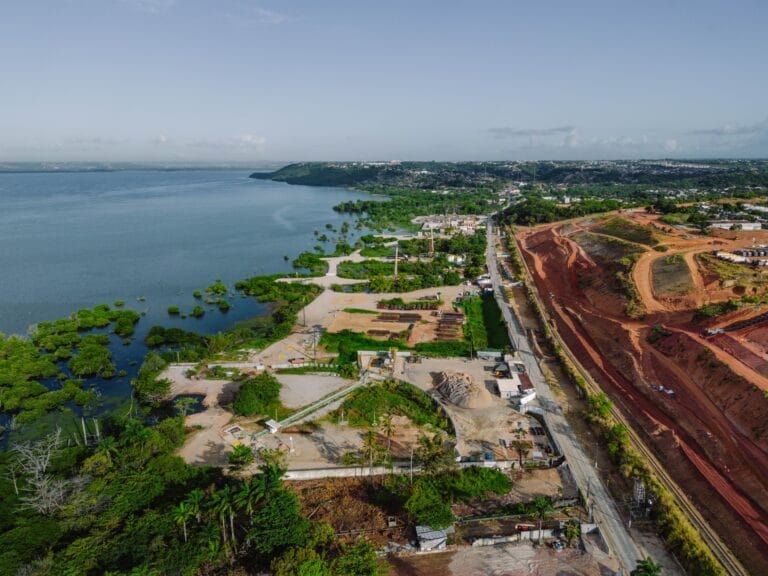More than 1,500 Brazilian orange growers are celebrating today after securing a High Court judgment that will force multi-billionaire Brazilian orange juice magnate, José Luis Cutrale, and his son, José Luis Cutrale Jr, to face trial.
The father and son will go to court in England over their alleged participation in an illegal cartel that substantially impacted the global market for the sale of orange juice.
Orange growers vs the Cutrales
Acting for the orange growers, we successfully argued that the case should proceed in England against the Cutrales because of their extensive connections to the UK, including an exclusive London residence and there being no realistic chance of litigation in England interfering with cases in the Brazilian courts, which have been hopelessly delayed for years.
The growers are seeking damages that could reach billions of pounds. It is alleged that the cartel suppressed the prices growers could sell oranges at, forcing thousands out of business and thousands more into financial ruin.
One step closer to justice
Pedro Martins, Partner, said: “This historic judgment allowing the case against the Cutrales to go to trial in the English courts is a step closer to justice for our clients. The impact of the Cutrale cartel has been devastating for orange growers and we are committed to seeking full redress on their behalves.”
“We represent clients who have been suicidal, depressed and who have taken drastic steps to escape this cartel and one simply cannot ignore that,” Pedro continued.
“We are determined to help the victims of the Cutrales. Whilst the Cutrales attempted to persuade the High Court in London not to hear the case, they have failed and we will hold them fully to account for the financial losses they have caused and the social impact of the illegal cartel they operated.”
History of the claim
Known in Brazil as the ‘Orange King’, José Luis Cutrale Sr owns and runs Cutrale, one of the world’s largest processors and distributors of concentrated orange juice, with his family, including son José Luis Cutrale Jr, co-defendant in this case.
In 2016, the Cutrales admitted engaging in illegal, anti-competitive practices between 1999 and 2006 and paid an administrative fine of more than £70 million.
However, none of the victims of the cartel were compensated and, after fruitlessly attempting to seek redress in Brazil, representatives of victims of the Cutrale cartel approached Prisma Capital, a third party litigation funder in Sao Paulo, seeking assistance to litigate overseas.
Justice and redress
Our Managing Partner, Tom Goodhead, said: “José Luis Cutrale Sr should not be protected from consequences by borders, and this decision is a great step towards justice and redress for the claimants.
“I applaud the representatives of the victims of the cartel for having the foresight to seek third party litigation funding and, in particular, for approaching Prisma Capital to fund the case. Without this, the litigation holding the Cutrales to account in the courts of England and Wales would never have been possible.
“We believe that this is the first ever private enforcement of Brazilian competition law in the English courts and is a testament to London being the world’s leading dispute resolution centre.”
Tom continued: “This case is not about the lawyers or funders, though. The cartel had a devastating impact on our clients and the communities they live in.”
Cutrale victim stories
A report into the impact of the cartel found terrified farmers with one who admitted:
“From 2004 -2012, I was losing around 200k per year. When the bank was calling to tell me that I was bankrupt, I put a gun to my head and pulled the trigger twice.”
Another shared:
“I had to tear down all the trees to automatically terminate a contract – I had to burn 70,000 trees to get out of the contract – I could only break the contract after I destroyed all my produce.”
Along with the Cutrales, multinational companies such as Cargill and Louis Dreyfus Commodities confessed their participation in the cartel, in which participants were so brazen as to enter into a written cartel agreement and even audited the operation of the cartel.
As the litigation progresses, the full extent of the cartel’s reach is likely to emerge with participants being forced to disclose documents evidencing the full nature of their participation.









